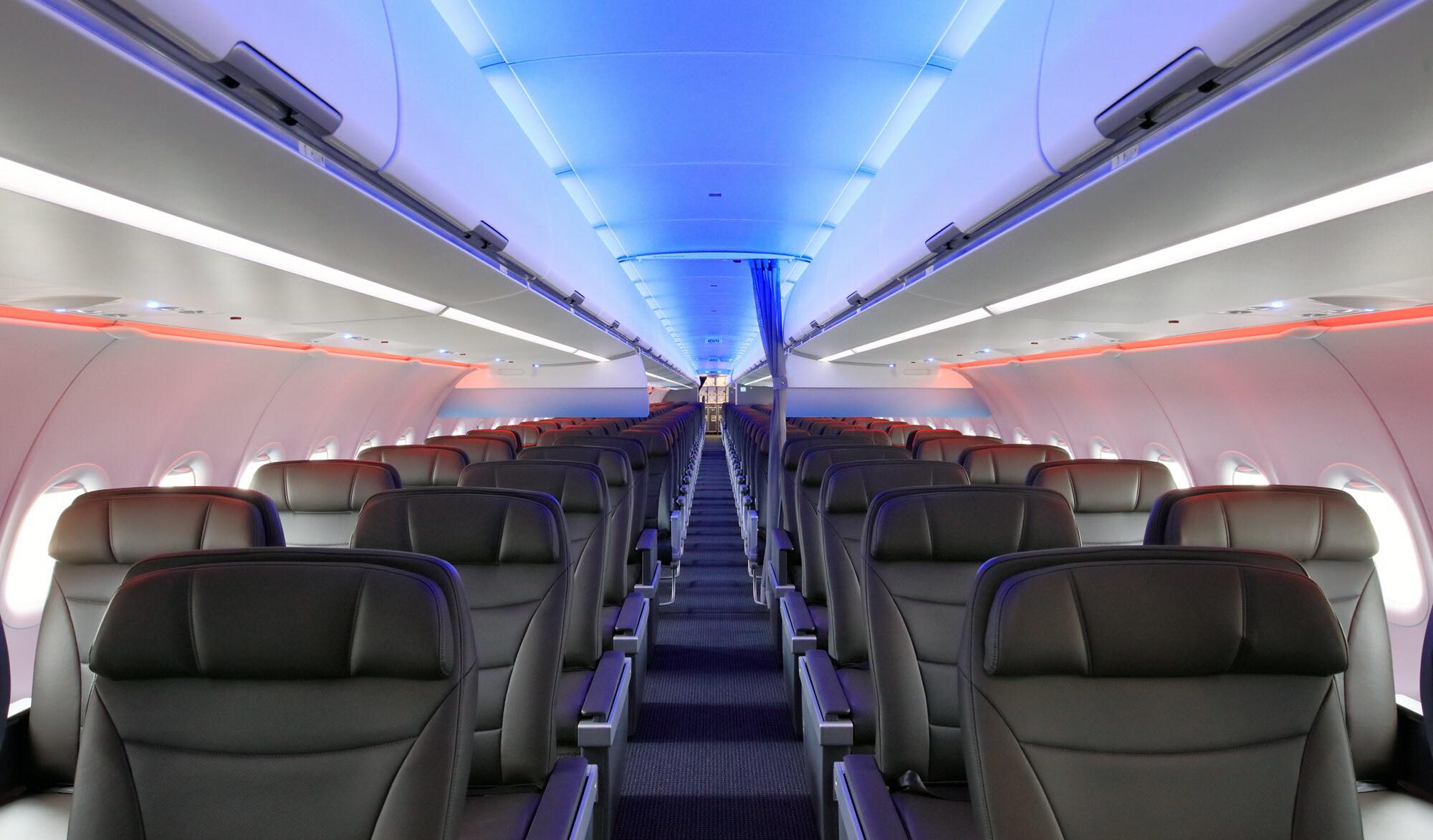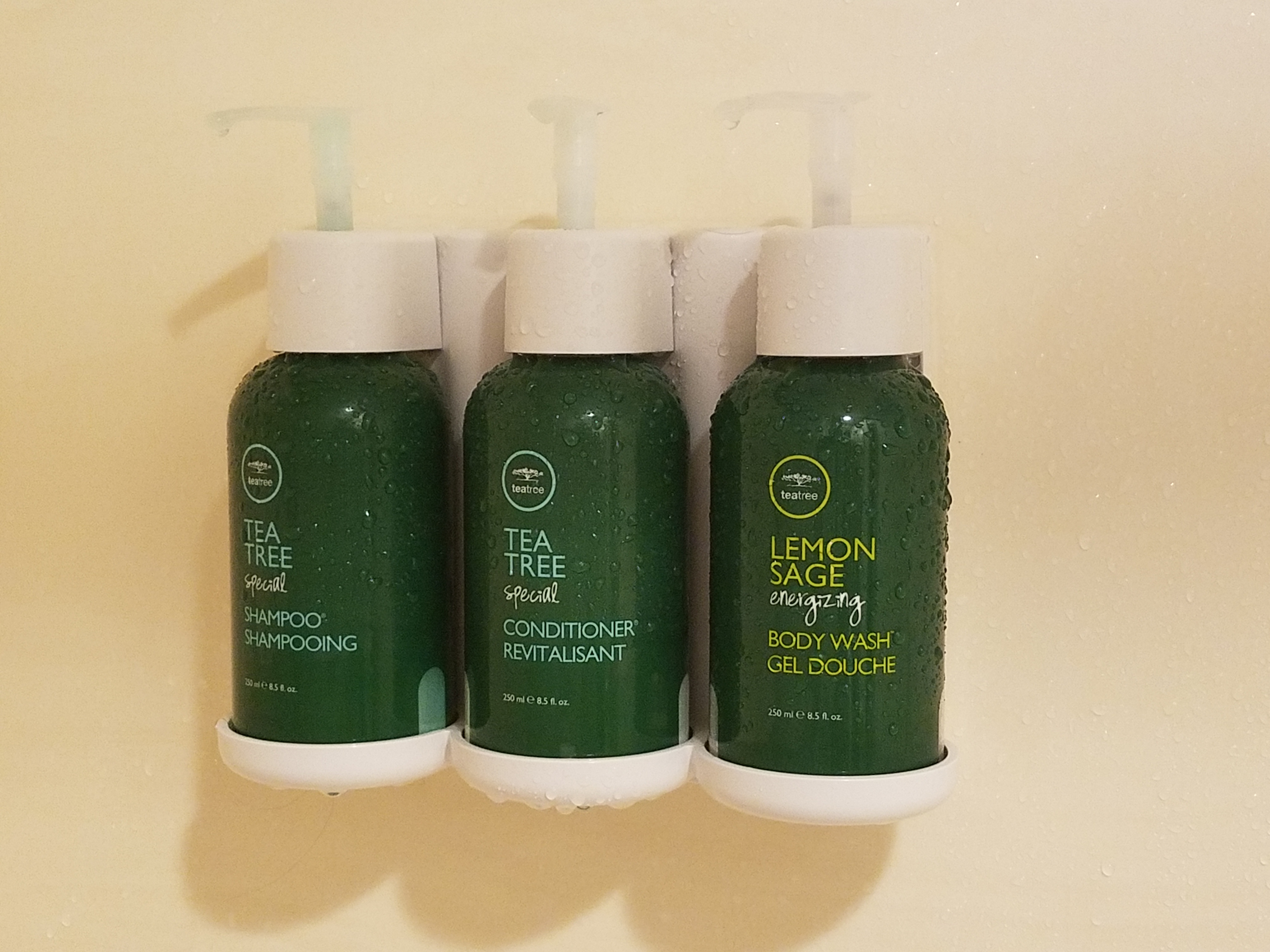Back in March it seemed like the best thing to come out of the pandemic was Tiger King. I admit I still haven’t watched it. It’s getting harder and harder to find upsides and the virus continues to spread, people get sick, and death tolls mount.
Businesses (not least of which travel businesses!) are hurting, people are losing their jobs, and home lives are stressed. Many school districts won’t be opening for in-person instruction this year.
It’s getting harder and harder to find anything positive even for someone who likes to look on the bright side. We’re getting better at work from home, our supply chains have been remarkably resilient (you can even get good toilet paper again!), and the biomedical community has really stepped up to the plate.
In previous challenging times airlines cut back on their cleaning, going as long as 18 months between deep cleans. Now despite losing billions of dollars per quarter airlines have stepped up their level of cleaning every day.

That needs to continue. Covid-19 isn’t the only threat to health. People are going to have this experience fresh in their minds. Masks are likely to persist at least for some, even after they’re no longer required inflight.
Whereas in the past what mattered almost exclusively was schedule and price that’s because those two things are the pieces of information that were presented to consumers. Increasingly technology is making it easier to differentiated airline products on the basis of other attributes, which means competing for cleanliness will attract customers at the margin – and competing for customers will matter more as airlines try to recover and fill seats.
Marriott and other hotel chains need to drop the idea of bulk wall-mounted toiletries, where one guest shares with the next. Those dispensers are touch points that have never been cleaned well, that have been tampered with, and frequently aren’t refilled. There are plenty of photos of bacteria growing inside once they’re opened up, too.

And don’t get me started on what happens in those hotel beds. I once walked into a room at a Ritz-Carlton where there was a used condom on the bed either from a previous guest or from staff in between guests. Hotels change the sheets (sometimes) but don’t generally disinfect the beds or other furniture. And guests sit on chairs and couches in the room naked.
Never sit on a couch or chair without laying a towel or sheet down first. Many guests sit on them naked, and yes, some leave stains behind. And much of the time, the stains are basically just dabbed with cleaner until they can’t be seen anymore.
We’re learning a lot more about virus transmission as part of our everyday lives. Are we going to hug strangers again? Will we even feel comfortable shaking hands? There are plenty of questions about how culture is going to evolve from the shared experience of the Covid-19 pandemic. But one thing is clear.
Public, dense forms of transportation are going to need to adapt (and airlines are better-suited to do so than municipal governments) and hotels that earn a revenue premium are the ones that are perceived to care for their guests, make them feel safe, and make them feel at home.


It wont happen as the hospitality industry wants the cheapest labor
and then demand a high volume of rooms to be completed quickly regardless of consequences
It only gets worse in limited service properties where workers don’t or didn’t have health insurance
One GM at a Hyatt Place described having to get the dead body of the housekeeper picked up after she passed away on the job
Truly there is dark side to housekeeping despite many hardworking kind people that do the job under pressure.
Once they can save money on anything they likely wont go back unless under fire/serious pressure
Current science from the CDC is the surfaces aren’t responsible for much COVID-19 transmission. Yes the virus can be transmitted this way but it rarely is. The majority of the infections are via aerosoles–breathing in the virus, mostly in close contact. One possible route for infection that I haven’t seen ruled out is mass air conditioning. For the current epidemic maybe focus on the things hotels need to do to control this virus rather than some random bacteria problem?
Plexiglass barriers at checkin
Elevators that go direct to your floor and aren’t shared with others
Central air that via filters or other solutions solves that problem, or individual AC per unit
Limiting attendance at the pool, beach, etc to what can be sustained.
Spacing chairs in small groups 6ft apart.
Etc
Glenn is correct that the current state of the science (not just as represented from the CDC, but the actual collective body of research) is that contact transmission isn’t something that happens much. Yes, the virus can leave its signature hanging around on surfaces for quite some time, but no one has yet to experimentally or empirically connect the dots to sufficient viral load to actually cause infection at any meaningful scale.
That being said – Gary, your 5th paragraph is the key here. People are going to have COVID on the brain and in their gut for a long time now, and that goes beyond the realm of rational thinking. A lot of people are going to step back and realize just how…gross…the world they lived in was. And that alone, completely decoupled from the science on COVID transmission in specific, is going to drive changes.
Personally, I wouldn’t complain if I never again had to…
-Use an inward-opening bathroom door
-Turn off a manual public faucet
-Use an electric hand dryer (especially the Dyson ones that are like playing a game of Operation)
-Touch *anything* at a convenience store…
-See silverware placed directly on the surface of a restaurant table.
Etc., etc.
I actually think people (especially germophobes) will bring their own cleaning supplies and clean the hotel rooms and airline seats themselves.
All hotel rooms and places like airport lounges would be safer with fresh air from outside now – and no Air conditioning unless Of the HEPA kind. This may be easier to be implemented in countries in Europe and East Asia than in the US
Cleanliness is essential and we need to keep calling out companies and properties and fail at it.
Hahahaha. This comes from a blogger who posts any cheap “deal” out there!! “Deals” are possible by cutting corners!
Didn’t you just post about cheap fares by AA, the filthiest of the US3 and the only one who is not taking empty middle rows seriously? If you really want cleanliness, stop pimping airlines and hotels who only provide lip service.
Gary, you’re part of the problem here.